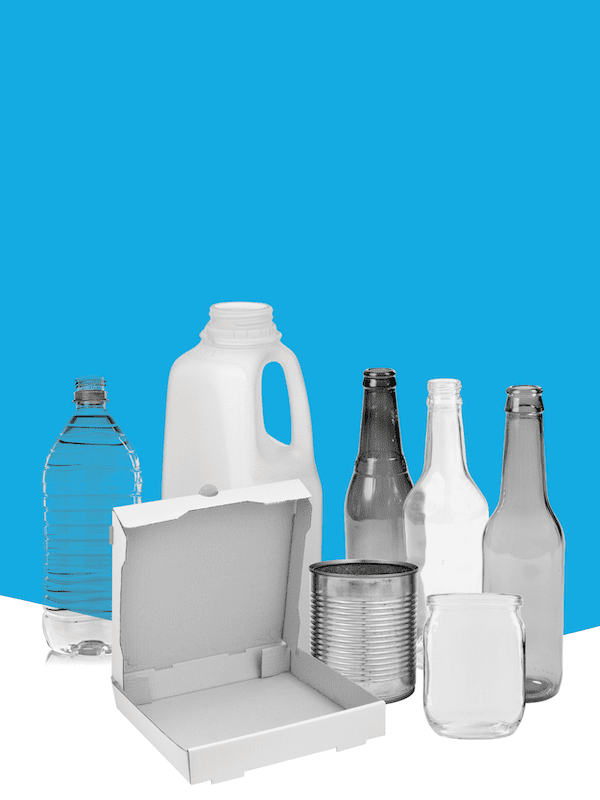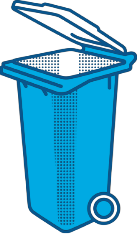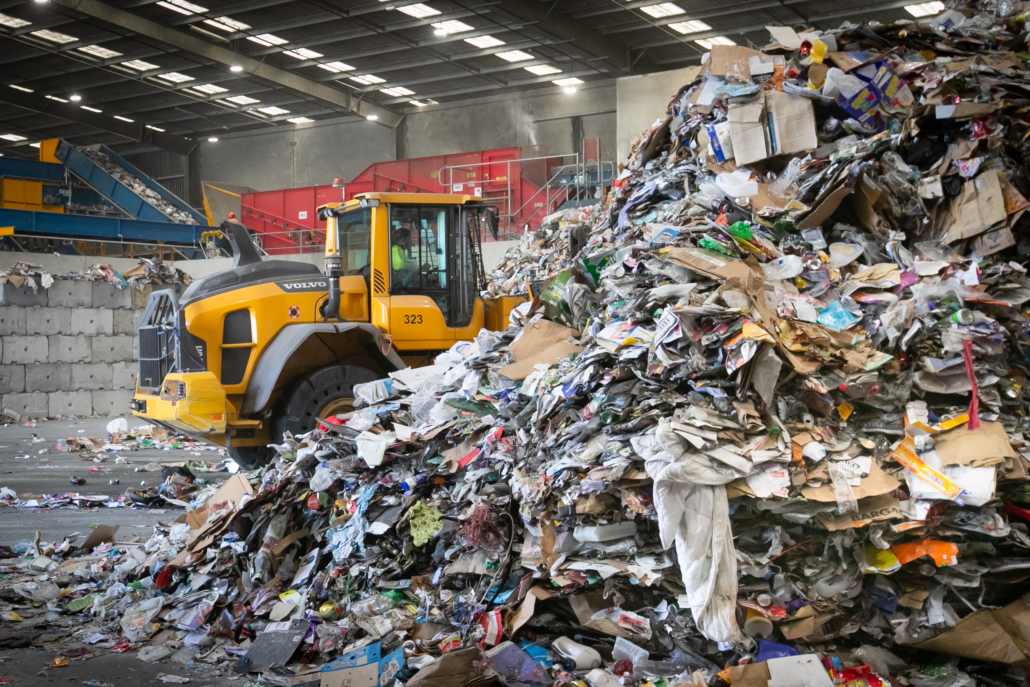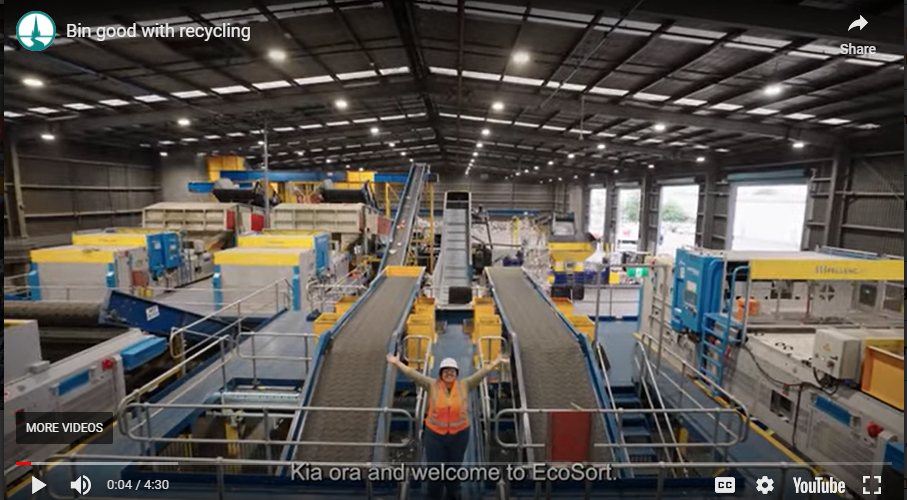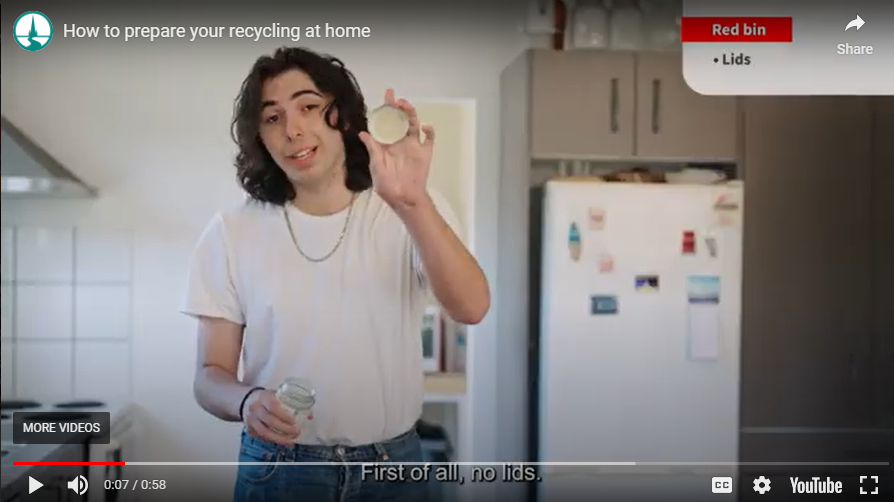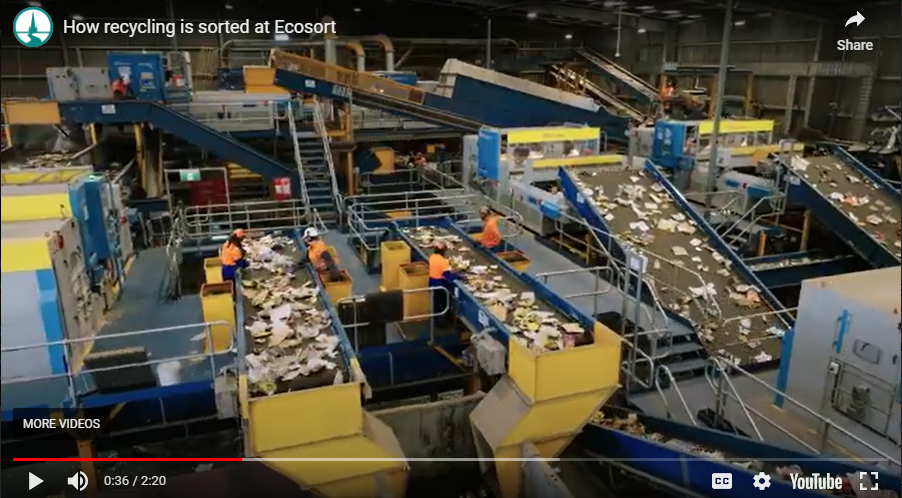YELLOW BIN RECYCLING
Confused about what’s recyclable? Here’s what does and doesn’t go in your yellow bin:
Recycling
- Plastic bottles, trays and containers numbered 1, 2 and 5 only (no smaller than 100ml or bigger than 4 litres)
- Food and drink tins and cans
- Paper and cardboard
- Glass bottles and jars
Rubbish
- Compostable packaging and containers
- Nappies and sanitary products
- Lids for bottles, jars and containers
- Fabric and clothing
- Soft plastics
- Polystyrene
- E-waste
- Coffee cups and lids
- Aerosols
Explore our world-class Materials Recovery Facility
RECYCLE RIGHT
Most Kiwis can now recycle the same things from home
Here’s how you can recycle right:
Take off the lids of your dirty bottles and jars, plastic bottles and containers, and tins and cans, and put them in the rubbish
Remove any food scraps, flatten your pizza boxes, and put them out for recycling
Rinse out your dirty bottles and jars, plastic bottles and containers, and tins and cans
Make sure everything is loose, not bagged or tied together
If you have any reusable items, drop them off at your nearest EcoDrop

